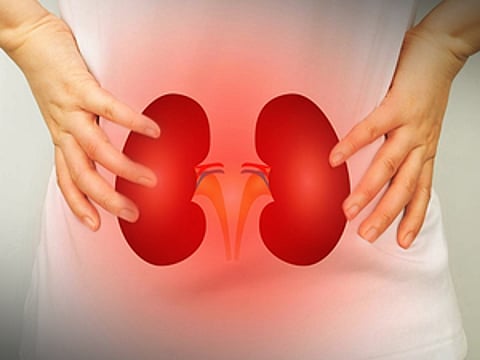

CHENNAI: A novel drug for bloodstream infections, code-named VRP-034 and currently in the development stage pending final trials and regulatory approval, has received the Qualified Infectious Disease Product (QIDP) designation from the US Food and Drug Administration (US FDA). The drug, developed by local pharmaceutical company Venus Remedies, is designed to treat bacterial infections resistant to conventional therapies, while addressing the kidney toxicity commonly associated with existing treatment options.
The QIDP designation, granted under the Generating Antibiotic Incentives Now (GAIN) Act, offers several regulatory advantages, including priority review, eligibility for fast track designation, and an additional five years of market exclusivity in the United States upon approval. This designation is awarded to investigational drugs that address serious or life-threatening infections and represent an unmet medical need.
Venus Remedies, one of the leading drug makers in India specialising in critical care injectables, said on Friday that its investigational product VRP-034 has been granted QIDP status by the US FDA.
The novel drug is intended for the treatment of bloodstream infections caused by polymyxin B (PMB)-susceptible strains in adults, the company stated in a filing with stock exchanges.
Developed by the Venus Medicine Research Centre (VMRC), the research and development division of Venus Remedies, VRP-034 is a supramolecular cationic (SMC) formulation of polymyxin B sulphate. It is uniquely designed to reduce the nephrotoxic (kidney-damaging) effects associated with conventional PMB therapy.
“Receiving QIDP designation for VRP-034 is a pivotal milestone in our efforts to combat antimicrobial resistance,” said Saransh Chaudhary, CEO of Venus Medicine Research Centre. “This recognition underscores the urgent global need for safer polymyxin-based therapies and validates the strength of our scientific approach,” he said in a statement on Friday.
VRP-034 was developed using Venus Remedies’ proprietary Renal Guard technology. The company employed kidney-on-a-chip technology, based on the Organ-on-a-Chip model, to study key kidney injury biomarkers — including KIM-1, cystatin C, NAG, and NGAL — in response to polymyxin B, a last-resort antibiotic used to treat multidrug-resistant (MDR) Gram-negative bacterial infections.
Findings from these studies directly contributed to the refinement of the Renal Guard platform, forming the scientific basis for VRP-034, which is designed to minimize nephrotoxicity without compromising therapeutic efficacy.
Polymyxins, particularly PMB and colistin, are crucial in treating MDR infections. However, their clinical use is limited due to nephrotoxicity, which affects up to 60% of patients. VRP-034 presents a promising alternative by maintaining the pharmacokinetic and pharmacodynamic properties of PMB while significantly reducing oxidative stress and renal cell injury, according to preclinical and laboratory studies.
The company claims that VRP-034 demonstrated up to a 70% reduction in nephrotoxicity compared to currently marketed polymyxin B formulations.